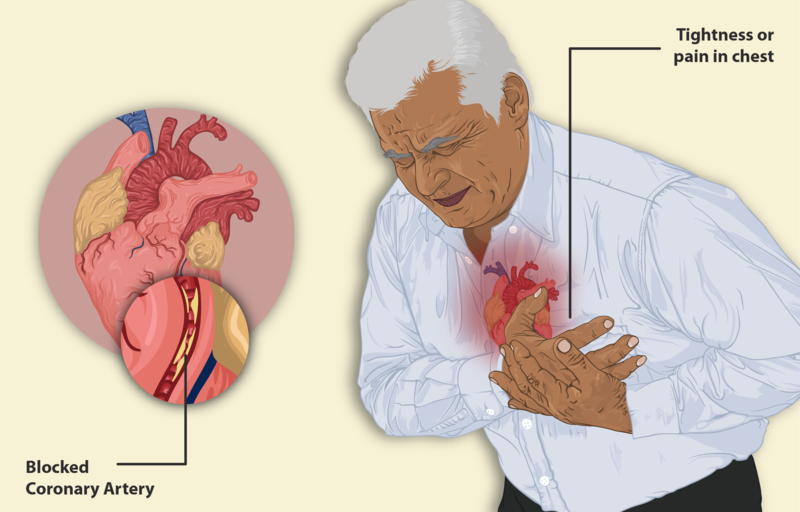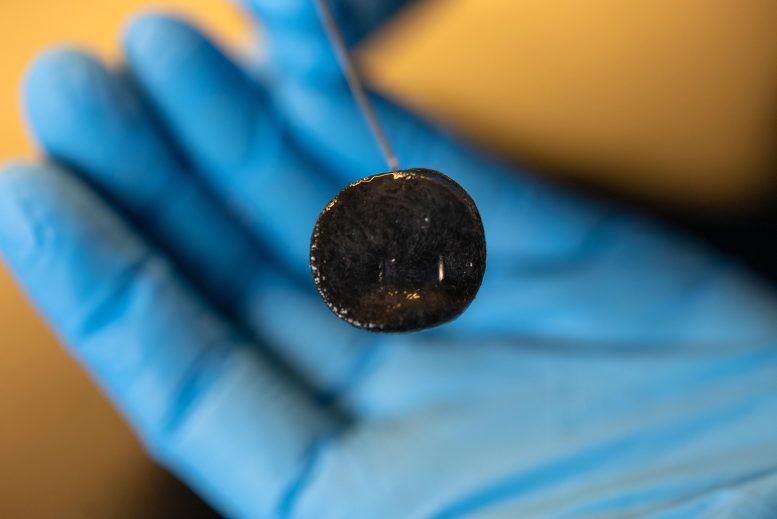Having blockage in the coronary artery is one of the main reasons for chest pain that can lead to a heart attack. Doctors currently use a scan known as computed tomography angiography (CTA) to evaluate heart disease patients.
CTA imaging of plaque deposits within coronary arteries helps doctors assess how much a patient’s arteries have narrowed and the likelihood of a heart attack.
Due to the lack of a simple and automated way to measure coronary plaque, it is often not done. But when it is measured, it usually takes an expert up to 30 minutes.
But now, an AI tool can quantify plaque from CTA images in five to six seconds
Researchers from Los Angeles-based Cedars-Sinai Medical Center have developed an artificial intelligence tool to predict a person’s risk of suffering a heart attack within five years.
To create the tool, researchers trained an algorithm to recognize the amount and composition of plaque in arteries. They did it using a dataset of CTA images from several hundred patients, that already had been analyzed by doctors. The tool was then tested to measure plaque by using the images from patients, the delivering results matched with human expert readers.
Senior author of the study, Damini Dey, from the Biomedical Imaging Research Institute at Cedars-Sinai, said “More studies are needed, but it’s possible we may be able to predict if and how soon a person is likely to have a heart attack based on the amount and composition of the plaque imaged with this standard test,”







